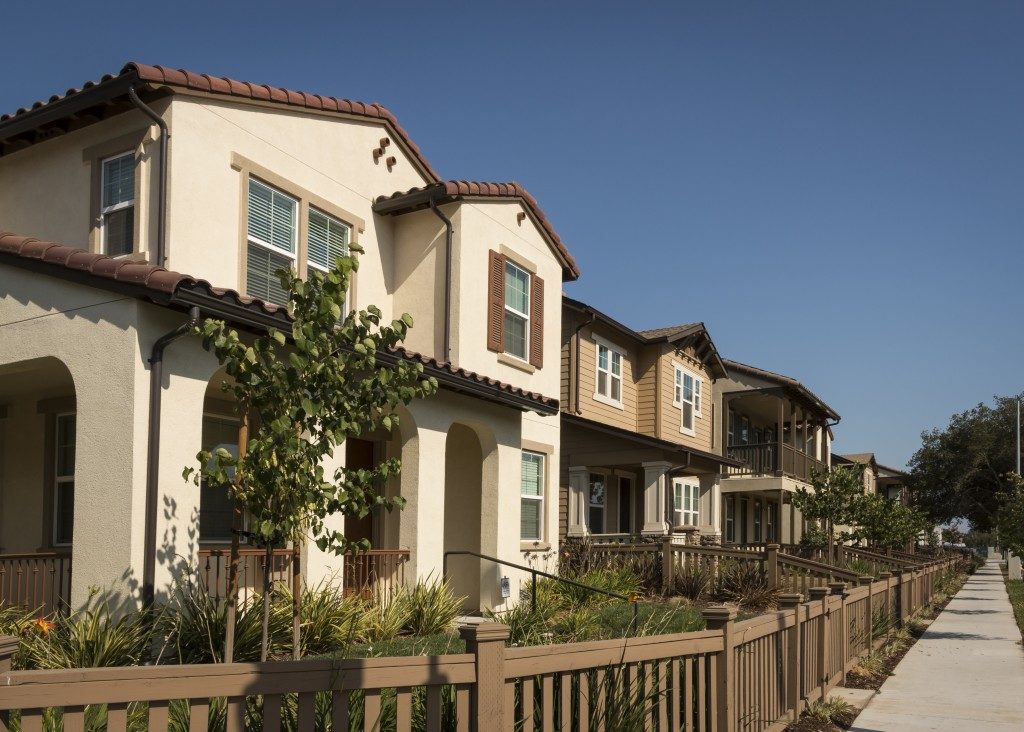While there is nothing wrong with viewing homes for sale when thinking of buying your first house, this move can sometimes be risky. This is especially true if you don’t know how much you can comfortably afford. You might also find yourself falling in love with a particular property and turning a blind eye to issues that matter the most.
Overlooking important issues, particularly financial ones, can result in regrets and money problems in the future. Mortgage companies in Portland share a few other financial mistakes to avoid when buying your first home:
Forgoing the down payment
The idea of waiving the down payment or paying too little seems tempting, especially if you don’t have enough cash reserves or don’t want to dip into your savings. There are lenders and loan programs that allow this, but do take note that this comes with increased rates and payment of private mortgage insurance or PMI. This benefits the lender if you default on the loan.
While you don’t necessarily have to hit the ideal amount, which is 20% of the home’s purchase price, it is advisable to aim for at least 10% to 15% (or more if you can). This comes with the benefit of less mortgage insurance to be paid and building equity faster. Just be sure not to drain your savings to pay a substantial down payment amount.
Going over your budget

There is always the risk of going over your budget if you go straight into viewing homes or visiting open houses without a mortgage preapproval. You might, for instance, fall in love with its spacious kitchen, big backyard, or bathroom, and then decide to get a loan that is more than what you can comfortably afford.
Before you go house hunting, get a mortgage preapproval first. This involves checking your credit and finances to determine the specific loan amount you can borrow. Do take note, however, that the figure indicated on your preapproval letter is the maximum amount you can borrow. It is best to set a budget below that figure so that you won’t have a hard time paying the monthly bills in the future.
Forgetting other related expenses
Down payment is not the only thing you should worry when about buying a home. You also need to pay for closing costs, which includes a variety of expenses beyond the purchase price of the house. These include the title search/insurance, taxes, upfront housing expenses (like HOA fees), and attorney fees. You can ask your lender about these fees so that you can prepare beforehand.
There are also other essential expenses, like repairs, upgrades, and renovations. These will depend on the condition of the house you buy. If the home is not yet move-in ready, you have to budget for the work and labor required to turn it into a functional property. You also have to plan for appliances, moving fees and boxes, and essential household items.
Buying a home is a significant financial endeavor, so it only makes sense that you consider all the economic factors involved. The last thing you would want is to overspend on a home and end up being house poor. Do some research about home buying and contact a reliable lender to know more about your loan options and the process of getting one.

